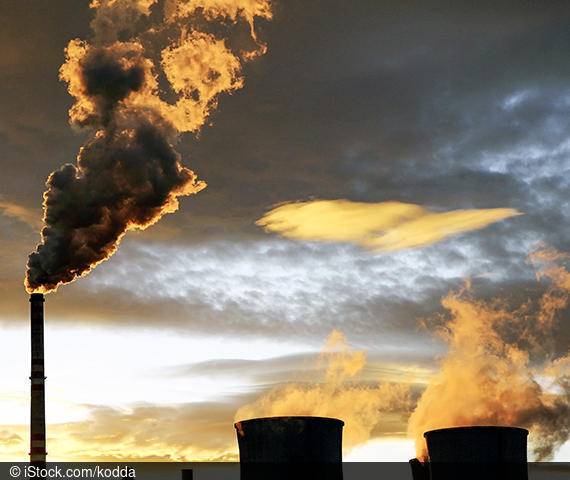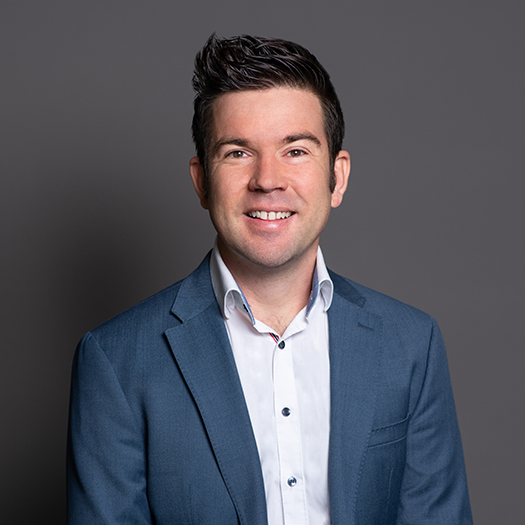ZEW Researchers Discuss Ways to Reduce CO2 Emission at UN Climate Conference
Dates and NewsHow can we pave the way for an ecologically and socially sustainable society in a way that also makes economic sense? How should this transformation of our society be implemented? How can those involved support these transformation processes and encourage acceptance of them? These are some of the questions that were addressed in a presentation by ZEW environmental economists at the side event “Towards an Integrated Assessment of Economic, Social and Technological Green Transformation Pathways” on 7 May 2018 at the United Nations’ Climate Change Conference (SB48) in Bonn.
Organised jointly by ZEW, the ifo Institute – Leibniz Institute for Economic Research at the University of Munich and the University of Kassel, the event provided the audience with a lively discussion on the implementation of ambitious climate protection initiatives at various levels of society. Environmental economists from ZEW, the ifo Institute and the University of Kassel were joined on stage by representatives from the Organization for Economic Cooperation and Development (OECD) in Paris and the German Advisory Council on Global Change (WBGU).
Companies have a key role to play in achieving climate goals
Dr. Martin Kesternich, deputy head of the ZEW Research Department “Environmental and Resource Economics, Environmental Management” and ZEW researcher Dr. Philipp Massier used their talks to share insights from recent studies conducted as part of the projects InTrans and Kopernikus “ENavi”, which are both funded by the German Federal Ministry of Education and Research. Philipp Massier emphasised the significant role of private companies in achieving the climate goals set by the German government and the EU and, using the example of energy efficiency in the manufacturing sector, presented the drivers and barriers to investment in energy-saving technologies. He pointed out that there is a great potential to increase energy efficiency in many industrial sectors, which could help us to meet these climate targets. The contributions from the other panellists touched on the challenges associated with implementing regional energy policies and the demands on climate protection policy in the face of increasing urbanisation worldwide. In addition, the speakers highlighted the role of politicians in the efforts to fight climate change, for example in the design and harmonisation of tax, innovation and competition policy.
Change accompanied by conflicts of interest
Plenty of material for discussion was provided by the findings of a survey conducted among the delegates at previous climate change conferences as well as scientific researchers regarding the role of geo-engineering as a potential further instrument at the international level to avert the negative effects of climate change. The panellists all agreed that the acceptance of transformation processes is directly connected to the level of engagement and sensitisation of the various stakeholders, given that many of these processes require a great deal of explanation. For example, looking at regional energy policies in more rural areas, it becomes clear that environmental protection and climate protection do not always go hand in hand – as in the case of land use for the expansion of renewable energy. Similarly, when it comes to urbanisation, studies have shown that, while cities can act as “innovation hubs” providing space for a variety of social innovation and experiments, they are also a space where many different interests collide, shaping the city environment in a unique way.
A productive side event in Bonn
In his closing statement, ZEW economist Dr. Martin Kesternich summarised that the side event had succeeded in providing plenty of exciting ideas and inspiration for decision-makers in business and politics as well as ordinary citizens in the context of the increasing differentiation of transformation processes across various regional and social levels. The success of the event confirmed that discussions such as this play a highly important role in ensuring the success of transformation processes by providing not only a platform for learning from the various stakeholders and interests involved, but also an impetus for future research.

